“Goal setting isn’t easy!” one executive recently told me during a conversation. “But we need them to make any real sense of what’s happening to our business.”
Of course, every leader knows the importance of goals. However, organizations that commit to mastering the art and science of setting and pursuing “stretch” organizational, team, or individual goals have a decisive advantage over competitors who aren’t committed to intentionally setting, stretching, and aligning goals.
Goal-Setting Case Study
One example of how organizations use goal-setting methods as a competitive advantage is the practice of Objectives and Key Results (OKRs), most notably used by Google. OKRs are a goal-setting framework that allows teams to align their goals with the company's overall strategy. Google has historically leveraged OKRs to set ambitious goals for each team and individual and then track progress towards those goals quarterly and annually. Using this goal-setting method, Google ensures that everyone in the organization is aligned with its mission and objectives and can prioritize their work accordingly. With the help of a proven goal-setting methodology, Google has gained and maintained a competitive edge in the tech space by inspiring innovation, improving productivity, and enabling teams to make data-driven decisions.
The Benefits of Organizational Goal Setting
Goals are important to organizations because they provide direction and focus and help align people, efforts, and resources. Research demonstrates the effective pursuit of goals increases personal agency, intrinsic motivation, transparency, and accountability for the people pursuing them. Effective goal-setting aids in making intelligent business decisions by analyzing data produced by tracking progress and performance toward the key metrics built into those goals.
4 Key Goal-Setting Concepts
Here are four key goal-setting concepts that highlight why goals matter to your organization:
1. Goals Provide Direction
Goal-setting provides a clear direction for the organization and outlines specific objectives that matter most. Creating goals that provide direction helps the organization to focus on what is essential and avoid wasting resources on activities that do not align with the overall goals.
2. Goals Clarify Expectations
Setting goals helps clarify the expectations of the organization's employees, teams, and departments. This clarity ensures everyone works toward the same objectives and facilitates more effective communication and collaboration.
3. Goals Motivate Employees
Clear and well-defined goals can motivate employees, especially when they are involved in setting goals for themselves or their teams. Employees are more likely to be engaged and committed when they understand the organization's goals and how they can contribute to achieving them.
4. Goals Measure Progress
In his book “Measure What Matters,” John Doerr believes that setting measurable goals can close the gap between strategy and execution. Goals provide a way to measure progress and assess the organization's success. With clear goals, the organization can continually assess its performance and identify areas and gaps in the profit chain.
Why You Need to Create a Goal-Centered Culture
Setting measurable goals aligned with an organization's objectives helps teams and individuals prioritize their efforts, track progress, and improve performance. At their core, goals provide a common language for teams to collaborate and collectively make progress toward achieving them. An effective applied strategy using a goal-setting platform allows organizations to align strategic leadership with operational execution by setting, pursuing, and analyzing the most important goals.
For More Insights on Effective Goal Setting Methods visit Inspire Software’s world-class OKR platform HERE. For help on creating a culture of OKRs check out Paul Niven’s book, Objectives and Key Results–Driving Focus, Alignment, and Engagement with OKRs. To experience Paul Niven’s OKR practices in action, schedule a DEMO today!
See how we Inspire People and Performance at inspiresoftware.com.

